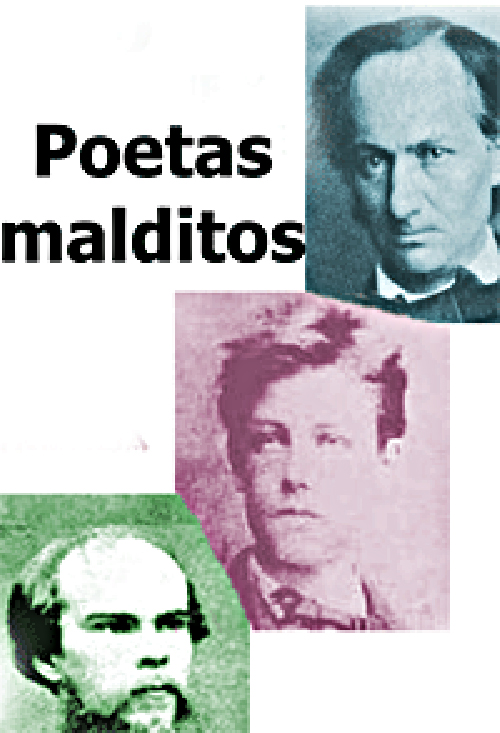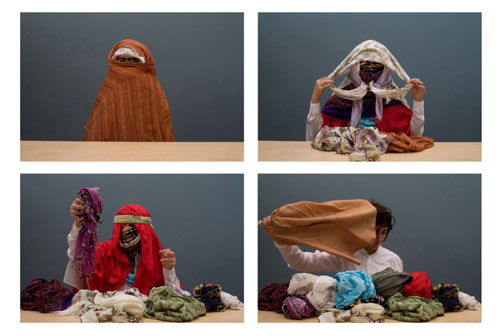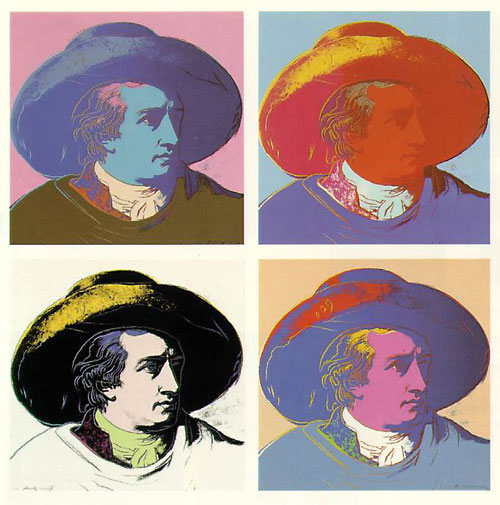Within the framework of celebrations of the centenary of the Residencia de Estudiantes in Madrid, the book “Peces en la Tierra,” (fish out of water), an anthology of women poets from the “Generation of 27” was published in Seville by Vandalia thanks to Editor Pepa Merlo. This 78-page study serves as a gateway to this unique and pivotal moment in Spanish intellectual history.

The book is not only intended to rescue twenty women poets from obscurity, it is also a reaffirmation of the Silver Age of Spanish culture which was cast aside in the decades after the Spanish Civil War and the subsequent reign of Franco. It show that these women shared essentially the same literary atmosphere, trends, concerns and styles as male poets, despite being largely forgotten by the literary establishment.
Merlo stresses the ease with which these women moved in the same or very similar, circles than men while sharing their broader literary, aesthetic and political aims.
Their work not only exhibited the most striking features of their generation (cosmopolitanism, desire for originality, individualism) but also, in general terms, went through the same stylistic stages as that of male poets, passing through neo-popularism, formalist and essentially urban, iconoclastic and experimental poetry. Their work sough out new art forms and themes without losing the balance between tradition and avant-garde until arriving to a final stage characterized by a return to social and political poetry.
The book, filled with canonical names, preserves the legacies of poets like Rosa Chacel, Concha Mendez, Ernestina de Champourcin, Josefina de la Torre and Carmen Conde, Elizabeth Mulder, Saornil Lucía Sánchez, Margarita María Ferreras or Cegarra. Like many other women who developed a more than outstanding career in politics, essays, philosophy, science, art or literature (think of Margarita Nelken, Clara Campoamor, María Zambrano, Maruja Mallo, Ángeles Santos, Remedios Varo, among many more) this group was witness to a golden era in the conquest of legal equality between the sexes that culminated in winning the right to vote in 1931. These were the first women who actively sought emancipation did not just stand by their husbands. Despite the hardships they endured as a result of the events of 1936 coup, their inspiring legacy remains unparalleled.
The arrival of autumn and with it the commemoration of the centenary of the Residencia de Estudiantes, one of the major epicenters of that golden age of politics, and the intellectual history Spain, is a perfect opportunity to rent apartments in Madrid and walk by some of the places where this generation of remarkable men and women left their indelible mark.

 English
English


